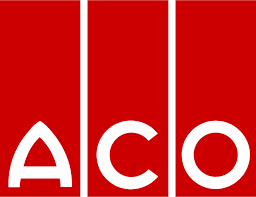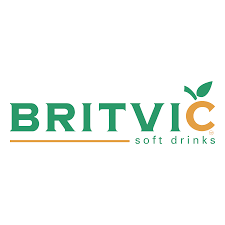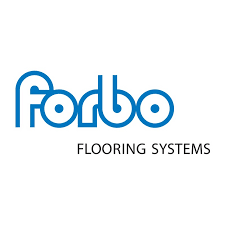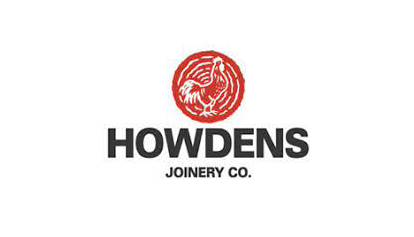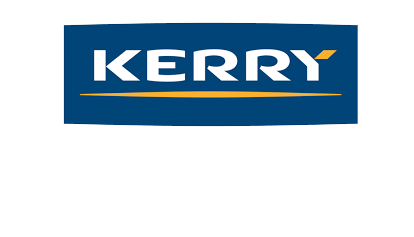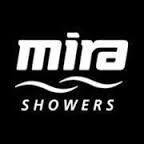Resources

This section contains articles and topics of interest to those meeting the challenge of improving performance in Manufacturing and Process Industries.
That includes guidance to site resources on the topics of Taming Technology, Ratcheting Up Performance, Delivering Better Projects Faster and Digital CI.
How to Develop Your Project Governance Skills
- Details
- Category: Resources
The tables below set out learning plans for project stakeholders including users who are impacted by the project delivery, Project Sponsors and Project steering team members.
The first table covers training topics to develop a common language and shared understanding of the project management process. In addition setting an agenda for discussion about what to do when, progress through this learning plan also guides the identification of gaps in underpinning systems and processes so that they can be refined to secure the achievement of flawless operation from day 1.
How to Develop Your Project Leader Skills
- Details
- Category: Resources
The tables below set out learning plans for project leaders and project team members. Contact us if you would like details of in house training or coaching support programmes in any of these areas. A guide to further project management resources can be found in our article on delivering better projects faster.
The first table covers training topics to develop capabilities to coordinate manufacturing projects from concept through to beneficial operation. That includes the development of both personal project management and project team capabilities. This is an important leadership role as typically more than 50% of project team members will not have formal project management training. Hence the title of Project Leader rather than the more traditional Project Manager.
Designing Equipment for Ease of Use and Maintenance.
- Details
- Category: Resources
An analysis of over 500 man years of asset run time indicates that Human Error is a contributor to around 50% of equipment problems and effectiveness losses.
Add to that another 35% of failures due to difficulties in access and inspection and the evidence shows that over 80% of reliability issues can be eliminated during the equipment specification and design stages. The gains include increased return on investment due to:
Life Cycle Cost Analysis a Guide for Engineers
- Details
- Category: Resources
Life Cycle Costing, combining capital and multi year operating costs into a holistic measure of cash flow, is well known but it is often seen as a complex, difficult to apply financial analysis tool. Yet in most cases, a simple LCC model, taking under an hour to complete, will be sufficient to widen the basis of decision making leading to improved performance of both current and future assets.
This article explains how Life Cycle Cost principles can be applied in a simple but practical way to guide decision making about how to:
- Deliver the full potential of current/legacy assets;
- Make informed decisions that reduce Life Cycle Costs even when individual asset cost data are not available;
- Guide the development and implementation of working methods to deliver the full potential of assets or enhance value added from new assets prior to day one operation;
- Begin conversations about the impact future challenges to encourage innovation, engagement and a proactive improvement culture.
Creating an Improvement Leader Network
- Details
- Category: Resources
Where lasting improvements are achieved, it is due in no small part to the collaboration of individuals across organisational levels, functions and work teams.
Even if it is the Chief Executive who wants to implement a great idea, that will need the involvement of other personnel to make it happen.
Similarly, the front line operator or engineer with a great improvement idea, will need the support and buy in of other personnel, shifts, team leaders, managers etc to get that idea adopted.
It comes as no surprise, therefore, that an internal improvement network is fundamental to the delivery of any improvement goal.
Adapting to the Changing Manufacturing Landscape
- Details
- Category: Resources
Research into successful early adopters of advanced technology reveals that the level of gains made depends on internal capability to adapt traditional workflows.
For example, digitisation can facilitate a transition from work routines organised around traditional functional silo's to one organised around value streams. Here cross functional personnel work as a team to manage short (today, this week), medium (this month this year) and longer term (blue sky) planning horizons.
The challenge for leaders is to manage the transition in a way that builds the capability of the current workforce and engages them with delivering the full potential of the new ecosystem.
Download this report to find out more about where the gains come from and for practical examples of how leading organisations have delivered step up gains.
Vibration Analysis Guide
- Details
- Category: Resources
Condition monitoring vibration analysis guide:
An overview of vibration analysis and associated techniques. This guide is aimed at practising maintenance personnel, maintenance managers and plant engineers.
20 Reasons to Attend the Manufacturing Project Management Workshop
- Details
- Category: Resources
Unlike generic Project Management training with its emphasis on managing contractual arrangements, this course is designed to support Manufacturing Projects which includes toolsets and best practices for developing better solutions, getting buy in and collaborating with internal stakeholders to deliver flawless operation from day 1.
Here is a sample of 20 delegate learning goals achieved by attending the course to illustrate the practical issues dealt with by the course content. Download the pdf to share this and discuss with colleagues.
20 Reasons to Attend the TPM Best Practice Workshop
- Details
- Category: Resources
his TPM Best Practice implementation training workshop covers both the theory and how to apply it to production assets on the factory floor using live assets to deliver the goal TPM goal of continuous improvement in Equipment Effectiveness.
Here is a sample of 20 delegate learning goals achieved by attending the training workship to illustrate the practical issues dealt with by the course content. Download the pdf to share this and discuss with colleagues
20 Reasons to Attend Fundamentals of Maintenance Management Workshop
- Details
- Category: Resources
Take a look at a sample of delegate learning goals to illustrate the practical issues dealt with by the course content. Please click and download the PDF.











